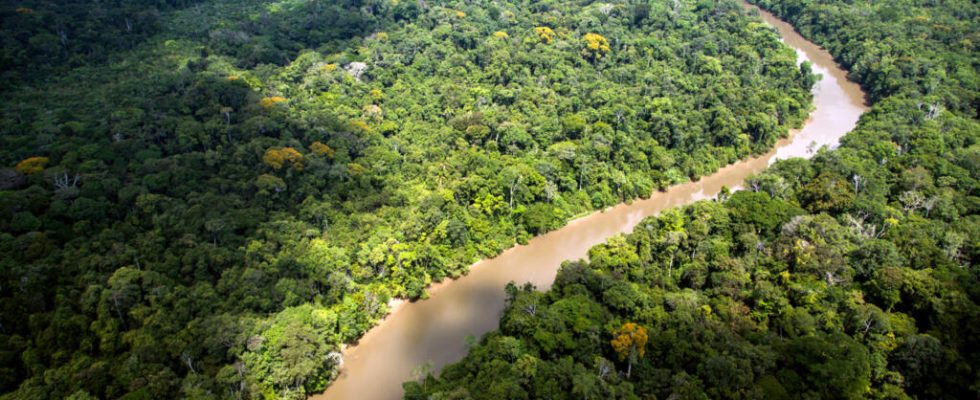A young French gendarme, member of the elite GIGN intervention unit, lost his life this Saturday March 25 in an operation with the army in Maripasoula, in the Guyana Amazonian park, on the gold panning site of Dorlin. He was shot dead in this French territory in South America, bordering Brazil and Suriname.
He was 35 years old and the father of two children. A French gendarme from the National Gendarmerie Intervention Group (GIGN) was shot and killed on Saturday during an operation to combat illegal gold panning in Guyana.
He participated in an operation against illegal gold panning, with the French army, in Maripasoula, in the Amazonian park, on the site of Dorlin, in the center of this vast French territory located on South American soil.
The President of the Republic, Emmanuel Macron, expressed ” his great emotion “, greeting ” the courage and the memory of this non-commissioned officer, who fell under fire “, can we read in a press release in Paris.
This is not a first. In 2012, two soldiers were killed and two gendarmes seriously injured by bullets during a joint operation against illegal gold diggers, already at the Dorlin site.
►Grand Reportage: In Guyana, the village of Saül chooses the path of ecotourism against gold panning
It’s a recurring fight. In 2022, French authorities conducted more than 1,000 patrols in the forest against illegal gold panning, and seized 59 kg of mercury as well as 5 kg of gold, according to figures from the prefecture.
Around 10 tonnes of gold are said to be illegally mined from Guyana each year by the so-called “garimpeiros”, the illegal Brazilian gold diggers in Guyana. The problem is also environmental.
Because to separate the gold from the ore, clandestine gold miners use a large quantity of mercury, a toxic metal that pollutes the soil and waterways, and promotes deforestation in the Amazon.
The situation is made even more delicate by its cross-border nature, with artisanal gold miners operating on either side of the Oyapock and Maroni rivers, between the French department, Brazil and Suriname.
►RFI web documentary: Suriname and cocaine
(With AFP)
